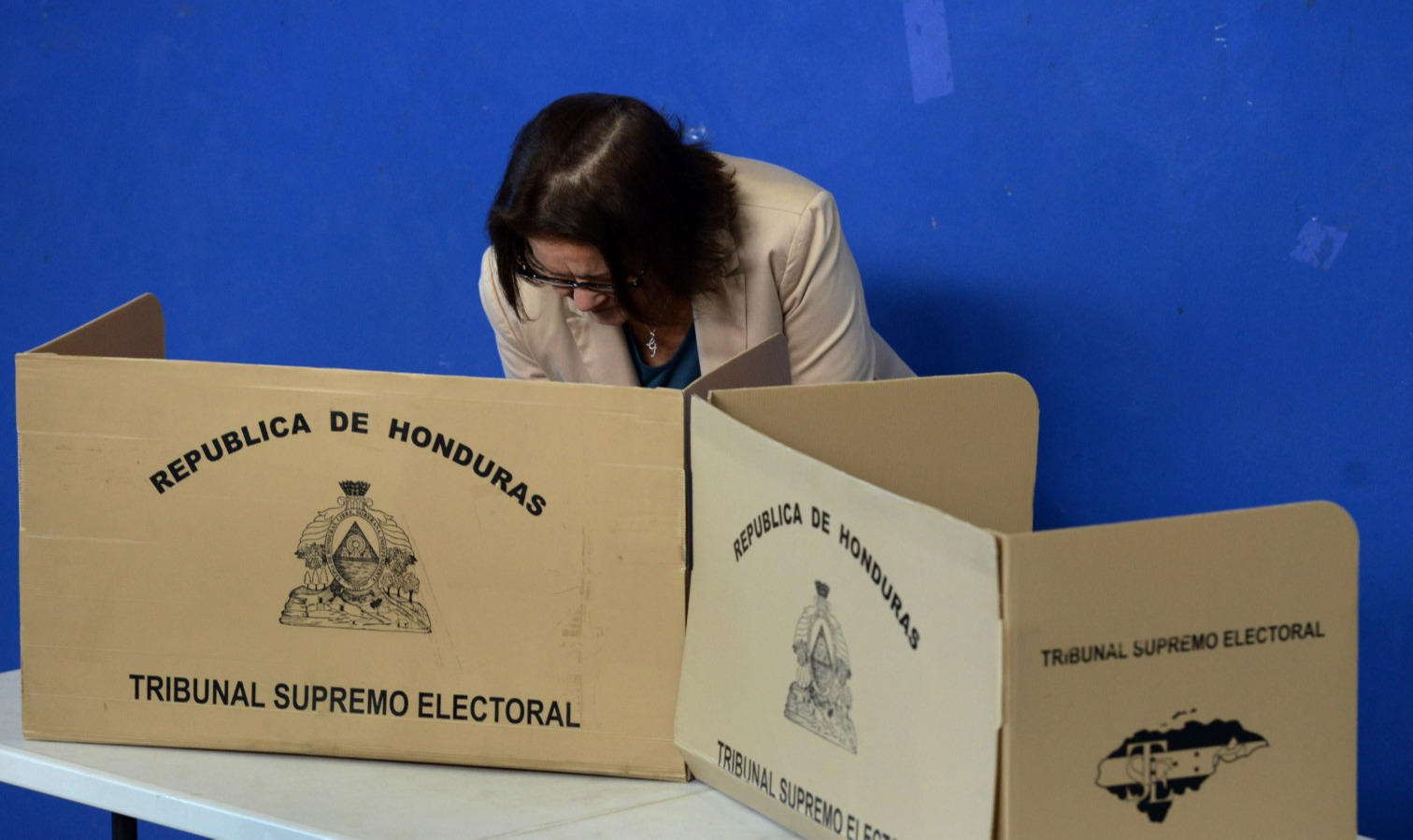
Under a new electoral law, Hondurans will go to the polls to choose among 15 candidates for their country's new president. Photo: CNN
By María Josefina Arce
As time grows short for November's general elections in Honduras, fears are growing that violence will increase in a nation with high levels of citizen dissatisfaction, cases of corruption and allegations of links between politicians and drug traffickers.
A few days ago, the candidate of the opposition LIBRE, Freedom and Refoundation Party, for mayor of the municipality of Santa Ana de Yasguare was shot dead.
The political organization, which emerged after the 2009 coup d'état against President Manuel Zelaya -- elected at the polls four years earlier by more than 50% of the citizens -- had already been the target of violent actions in recent months.
Most of the events occurred as a result of the primary and internal elections held last March by LIBRE and the Liberal and National Parties to choose the candidates who will represent them in the November elections.
On that day, Hondurans will designate the new president of the country, three vice presidents, 128 members of Congress, 20 members of the Central American Parliament with their alternates, mayors, deputy mayors and councilors.
The violence associated with electoral processes soared in Honduras after the events of 2009, which dealt a blow to the constitutionality of the Central American nation.
According to the Observatory of Violence of the National Autonomous University of Honduras, in the last decade there have been more than 110 murders of people linked to politics.
The institution details that in the 2013 electoral process 48 violent deaths were counted, half of the cases corresponded to members of the LIBRE Party.
Fraud is another possible scenario, after what happened in 2013. According to reports from various organizations, on that occasion the victory was snatched away from Xiomara Castro, LIBRE candidate for the presidency, who will run again in November.
Hondurans took to the streets in protest against the official result which gave the victory with about 37% of the votes to Juan Orlando Hernandez, of the National Party.
Demonstrations were again massive four years later, when in the 2017 elections the winner was again Juan Orlando Hernández, who ran for a second term, despite the fact that the Constitution does not provide for that option.
Under a new electoral law, approved last May and which does not represent major changes in the system, Hondurans will go to the polls to choose among 15 candidates the new president of Honduras, a nation with high rates of unemployment, insecurity and where more than 60% of its population lives in poverty.

